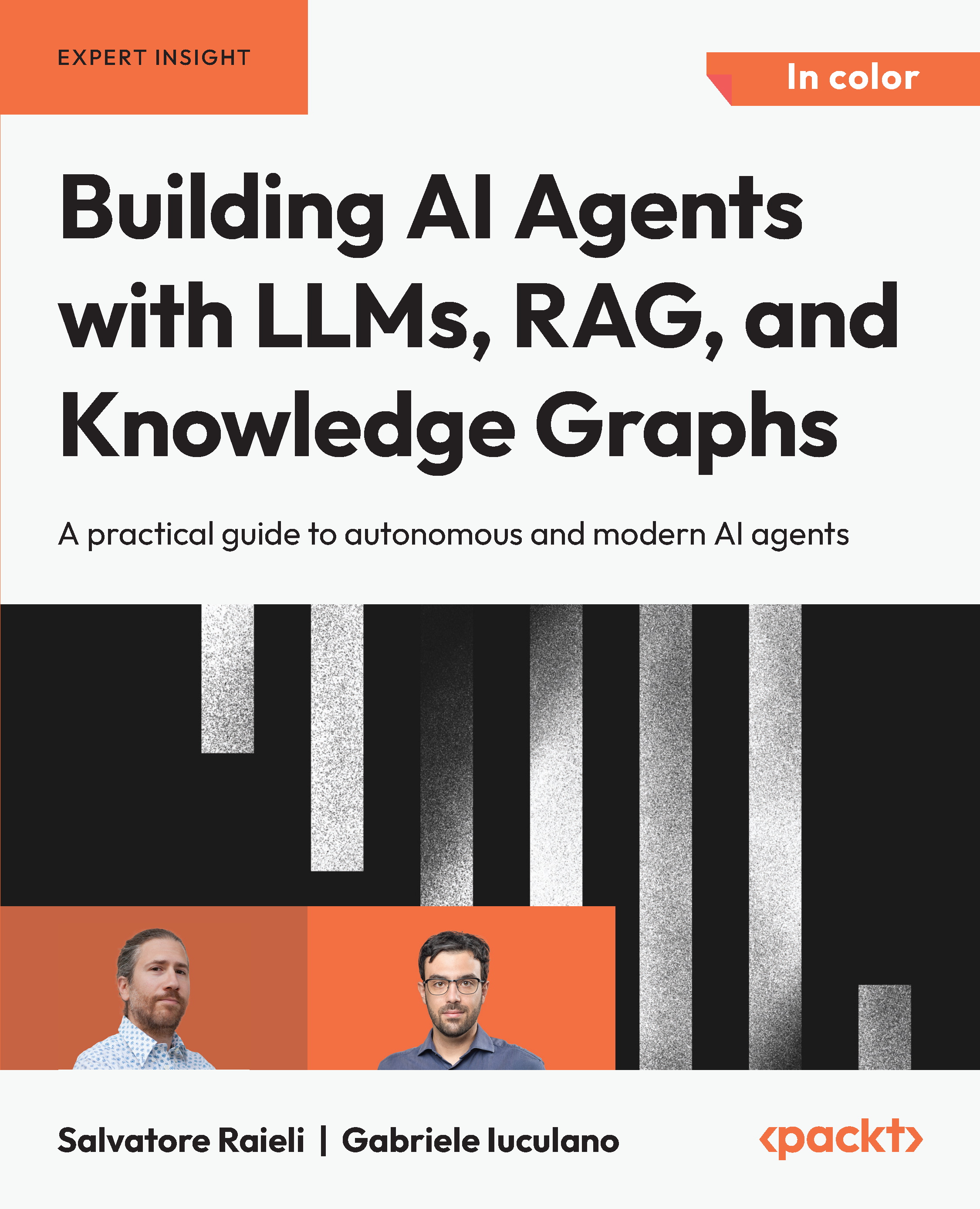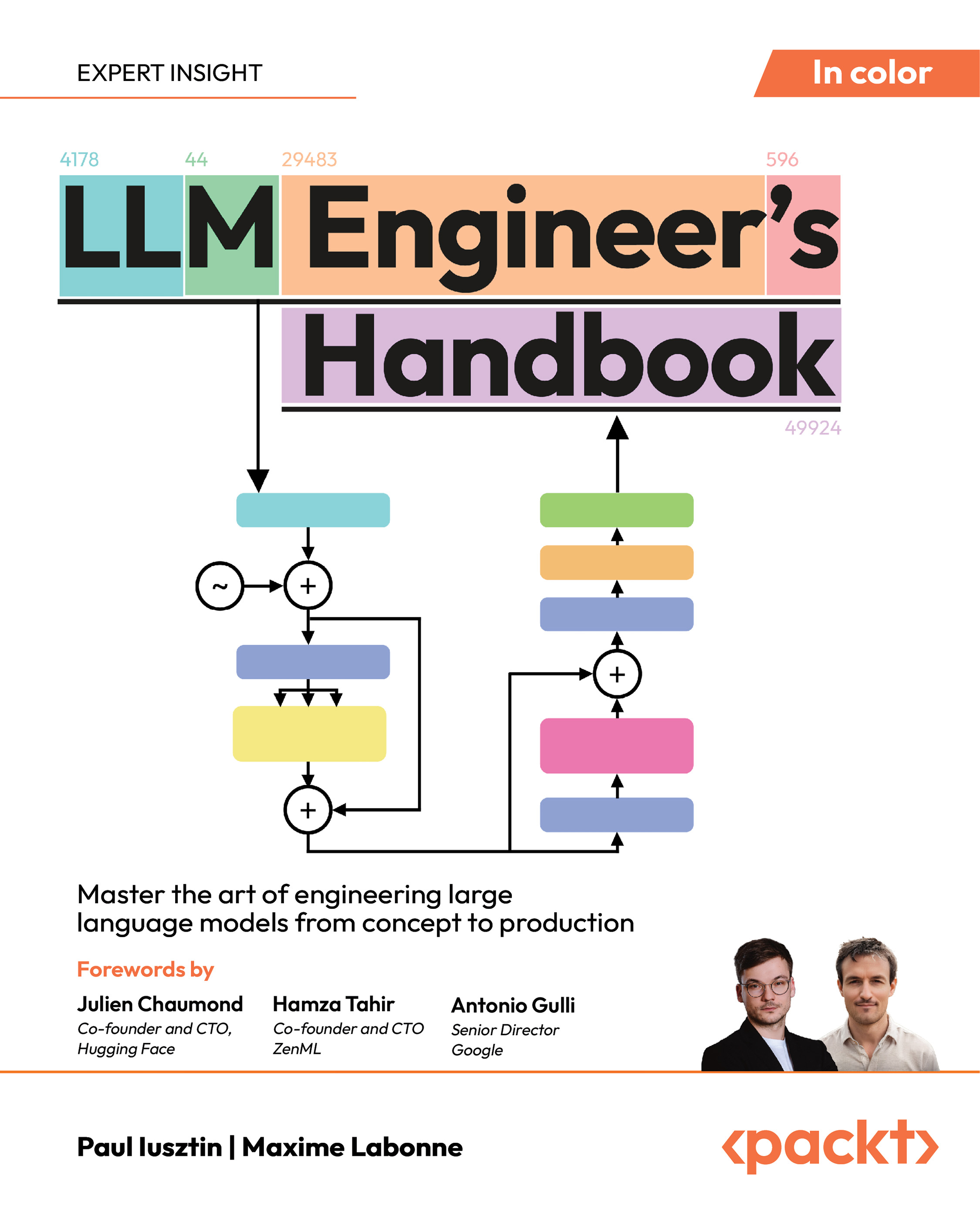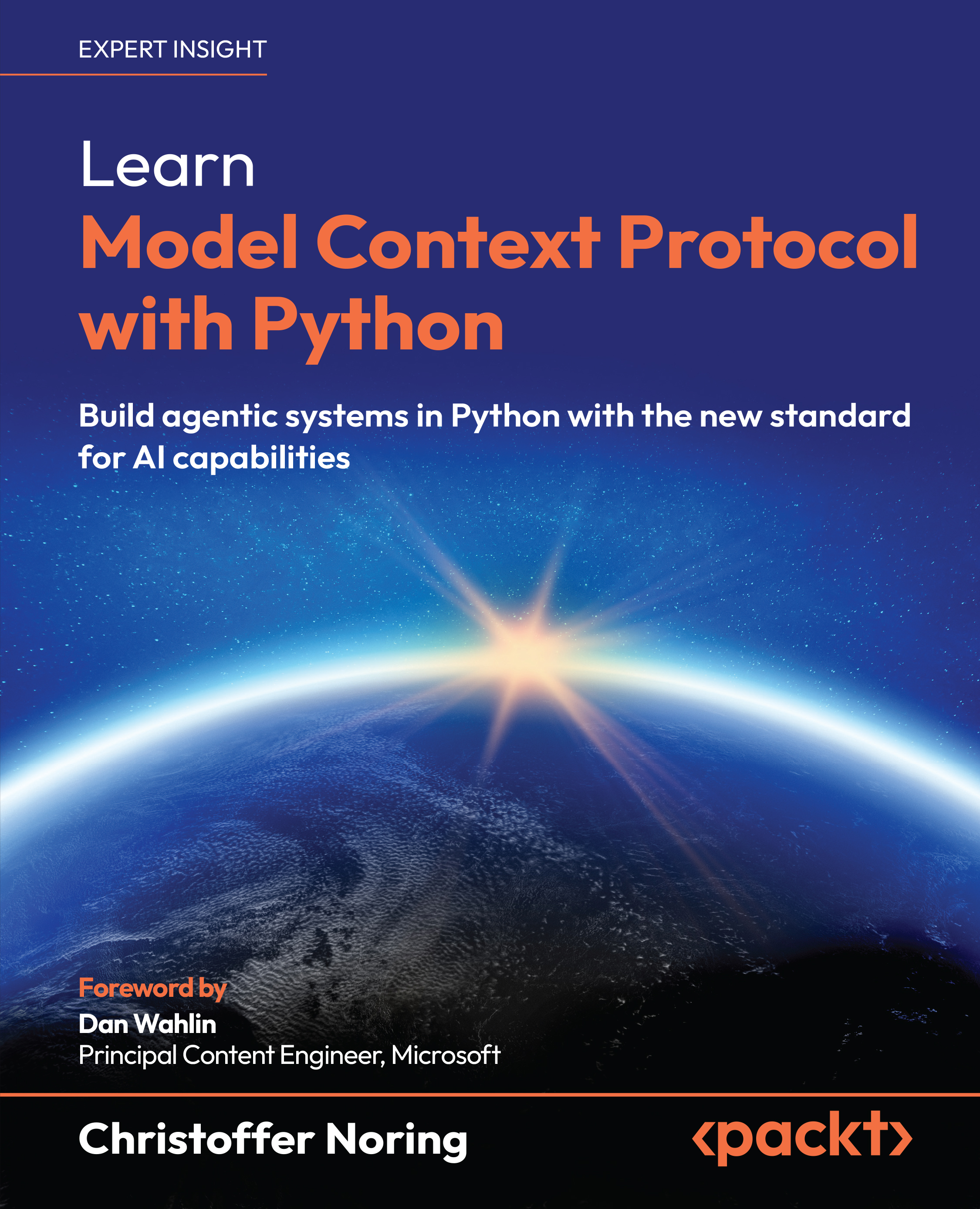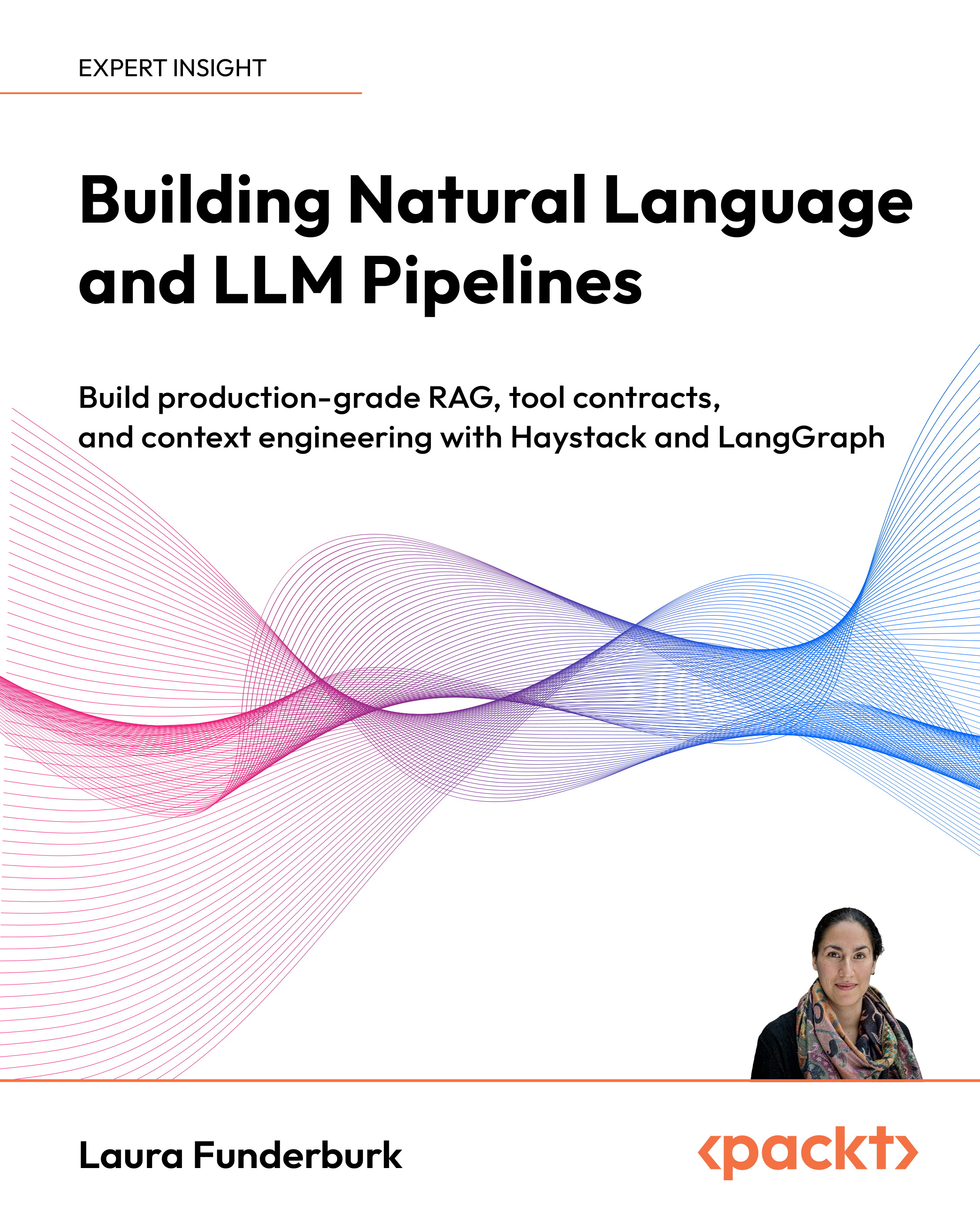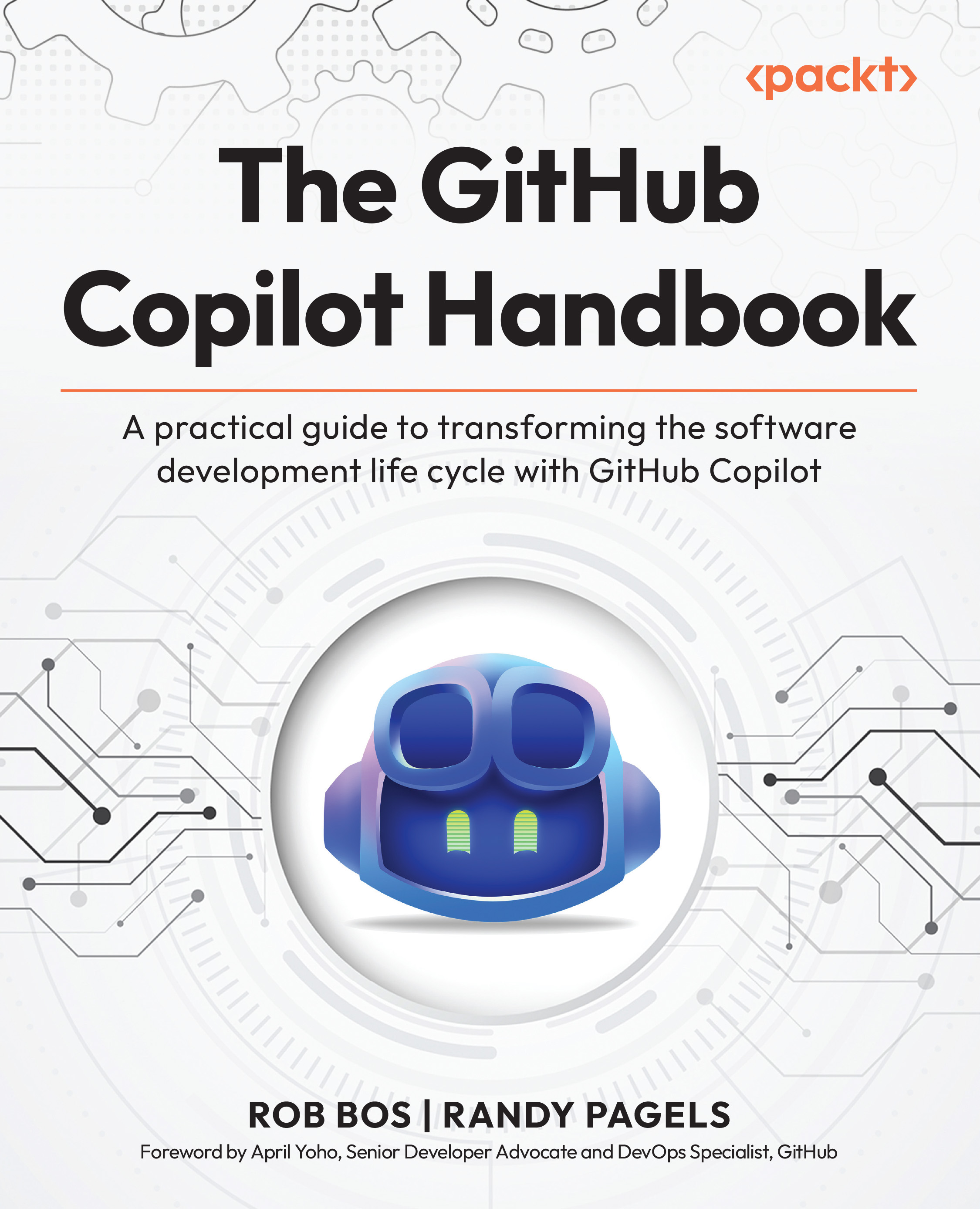A Very Simple Workflow
In our simple workflow we'll assume that each task is carried out by one person at a time, and that all tasks are done sequentially (i.e. none are done in parallel). So, we'll look at the PPI Preliminary Investigation which, as you remember, maps to the standard SugarCRM Opportunity. Also, in this example, we're going to have a different person carrying out each one of the Investigation stages.
Setting up the Process Stages
If you look at SugarCRM then you'll see that by default none of the stages are related to investigations—they're all named using standard CRM terms:

Obviously the first thing to do is to decide what the preliminary investigation stages actually are, and then map these to the SugarCRM stages. You'll realize that you'll need to edit the custom/include/langauge/en_us.lang.php file:
$app_list_strings['sales_stage_dom']=array (
'Prospecting' => 'Fact Gathering',
'Qualification' => 'Witness and Subject Location',
'Needs Analysis' => 'Witness and Subject Interviews',
'Value Proposition' => 'Scene Investigation',
'Id. Decision Makers' => 'Financial and background Investigation',
'Perception Analysis' => 'Document and evidence retrieval',
'Proposal/Price Quote' => 'Covert Camera surveillance',
'Negotiation/Review' => 'Wiretapping',
'Closed Won' => 'Full Investigation required',
'Closed Lost' => 'Insufficient Evidence',
);
Don't forget that you can also do this via Studio. However, once you've added your mapping into custom/include/langauge/en_us.lang.php file, and refresh your browser, then you'll see the new stages:

Now that our stages are set up we need to know who'll be carrying out each one.
Deciding Who Does What
In our simple workflow there may not be the need to do anything further. Each person just needs to know who does what next:
For example, once Kurt finishes the 'Covert Camera surveillance' stage then he just needs to update the Preliminary Investigation so that the stage is set to 'Wiretapping' and the assigned user as 'dobbsm'.
However, things are rarely as simple as that. It's much more likely that:
- Investigations may be based on geographical locations, so that the above table may only apply to investigations based in London. Investigations based in New York follow the same process but with a different set of staff.
- On Mondays Fran does 'Witness and Subject Location' and William does 'Fact Gathering'.
This means, of course, that we need to be using some businesses rules.
Introducing Business Rules
There are six 'triggers' that will cause the logic hooks to fire:
Unlock access to the largest independent learning library in Tech for FREE!
Get unlimited access to 7500+ expert-authored eBooks and video courses covering every tech area you can think of.
Renews at £15.99/month. Cancel anytime
- after_retrieve
- before_save
- before_delete
- after_delete
- before_undelete
- after_undelete
And the logic hooks are stored in custom/modules/<module name>/logic_hook.php, so for 'Preliminary Inquiries' this will be custom/modules/Opportunities/logic_hook.php. You'll also remember, of course, that the logic hook file needs to contain:
- The priority of the business rule
- The name of the businesses rule
- The file containing the business rule
- The business rule class
- The business rule function
So, custom/modules/Opportunities/logic_hook.php needs to contain something like:
<?php
#As always ensure that the file can only be accessed through SugarCRM
if(!defined('sugarEntry') || !sugarEntry) die(
'Not A Valid Entry Point');
$hook_array = Array(); #Create an array
$hook_array['before_save'] = Array();
$hook_array['before_save'][] = Array(1, 'ppi_workflow',
'custom/include/ppi_workflow.php',
'ppi_workflow', 'ppi_workflow');
?>
Next we'll need the file that logic hook will be calling, but to start with this can be very basic—so, custom/include/ppi_workflow.php just needs to contain something like:
<?php
#Define the entry point
if(!defined('sugarEntry') || !sugarEntry) die(
'Not A Valid Entry Point');
#Load any required files
require_once('data/SugarBean.php');
require_once('modules/Opportunities/Opportunity.php');
#Define the class
class ppi_workflow
{
function ppi_workflow (&$bean, $event, $arguments)
{
}
}
?>
With those two files set up as above nothing obvious will change in the operation of SugarCRM—the logic hook will fire, but we haven't told it to do anything, and so that what we'll do now.
When the logic hook does run (i.e. when any Primary Investigation is saved) we would want it to:
- Check to see what stage we're now at
- Define the assigned user accordingly
 United States
United States
 Great Britain
Great Britain
 India
India
 Germany
Germany
 France
France
 Canada
Canada
 Spain
Spain
 Brazil
Brazil
 Australia
Australia
 South Africa
South Africa
 Thailand
Thailand
 Switzerland
Switzerland
 Slovakia
Slovakia
 Luxembourg
Luxembourg
 Hungary
Hungary
 Romania
Romania
 Denmark
Denmark
 Ireland
Ireland
 Estonia
Estonia
 Belgium
Belgium
 Italy
Italy
 Finland
Finland
 Cyprus
Cyprus
 Lithuania
Lithuania
 Latvia
Latvia
 Malta
Malta
 Netherlands
Netherlands
 Portugal
Portugal
 Slovenia
Slovenia
 Sweden
Sweden
 Argentina
Argentina
 Colombia
Colombia
 Ecuador
Ecuador
 Indonesia
Indonesia
 Mexico
Mexico
 New Zealand
New Zealand
 Norway
Norway
 South Korea
South Korea
 Taiwan
Taiwan
 Turkey
Turkey
 Czechia
Czechia
 Austria
Austria
 Greece
Greece
 Isle of Man
Isle of Man
 Bulgaria
Bulgaria
 Japan
Japan
 Philippines
Philippines
 Poland
Poland
 Singapore
Singapore
 Egypt
Egypt
 Chile
Chile
 Malaysia
Malaysia





